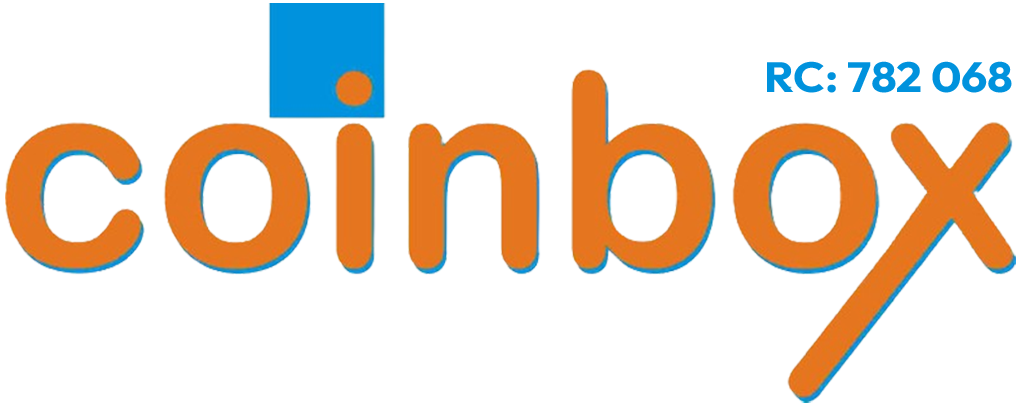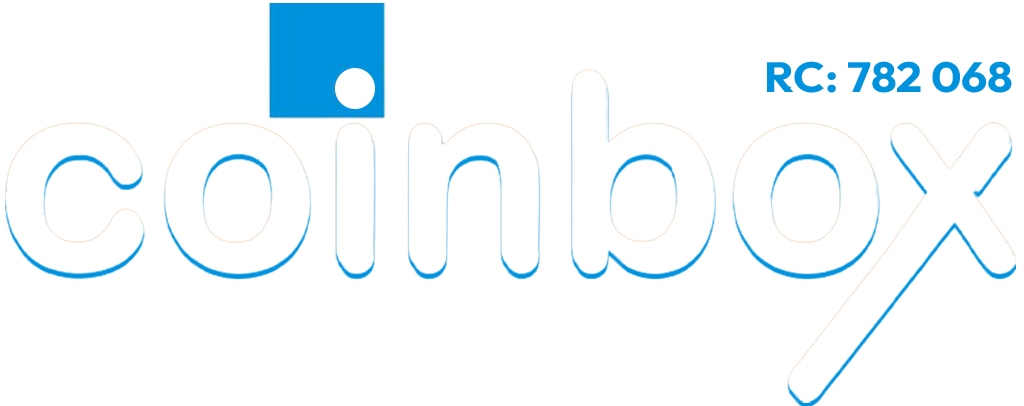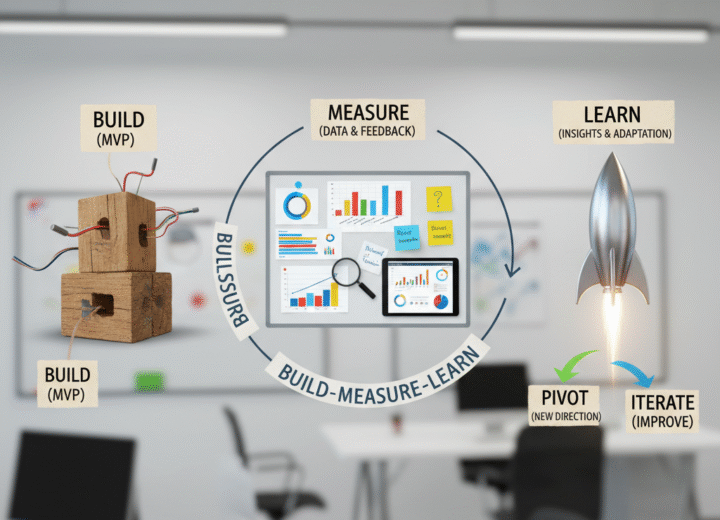Do you still need a board of directors when AI is there?
I still remember the first time I attended a board meeting. The room was filled with seasoned executives, all gathered around a large wooden table. The atmosphere was formal, and the discussions were intense. But as I looked around the room, I couldn’t help but wonder: what if AI (artificial intelligence) could do this job better?
Fast forward to today, and we’re seeing AI being used in various aspects of business operations, from data analysis to decision-making. So, the question is: do you still need a board of directors when AI is there?
The Role of Boards in the Age of AI

Boards of directors have traditionally played a crucial role in overseeing corporate strategy, risk management, and governance. However, with the rise of AI, some of these tasks can be automated, raising questions about the future of boards.
Insights:
- AI can augment board decision-making: AI can analyze vast amounts of data, identify patterns, and provide predictive insights, enabling boards to make more informed decisions.
- AI can improve risk management: AI-powered systems can monitor and analyze risk factors in real time, enabling boards to respond quickly to emerging threats.
- AI can enhance governance: AI can help boards ensure compliance with regulatory requirements, identify potential conflicts of interest, and monitor executive performance.
So, do you still need a board of directors in twenty years or more from now?
You still need a board of directors, even with the rise of AI, as AI lacks legal personality and company law expects human judgment and liability for decisions, and boards are responsible for oversight, strategy, and ethical considerations in AI implementation. Let’s look at these key issues
- Legal and Ethical Considerations:
AI has no legal personality, and company law still requires human oversight and accountability for decisions made by the company. Boards are responsible for ensuring that AI is used ethically and legally, and that the company remains compliant with relevant regulations.
- Strategic Oversight:
Boards are responsible for overseeing the company’s overall strategy, including its use of AI. They need to understand the potential benefits and risks of AI, and make sure that AI is used in a way that supports the company’s long-term goals.
- Risk Management:
Boards have a fiduciary duty to manage risks, and this includes the risks associated with AI. They need to understand the potential risks of AI, such as bias, data privacy, and security, and put in place appropriate controls to mitigate these risks.
- Accountability:
Boards are accountable for the decisions made by the company, including decisions related to AI. They need to be able to explain how AI is being used, and why, and to take responsibility for any negative consequences.
- AI as a tool, not a replacement:
AI can be a powerful tool for boards to use in their decision-making, but it should not be seen as a replacement for human judgment and oversight. Boards should use AI to enhance their decision-making, not to abdicate their responsibilities.
- AI Ethics and Governance:
Boards must ensure that AI systems are fair, transparent, and accountable. They should develop clear guidelines for how AI will be used within the company and ensure that these guidelines are followed.
- AI Literacy:
Board members should develop a clear understanding of AI ethics and governance to ensure that AI systems are used responsibly and ethically.
- Promoting Transformation:
Boards can play a vital role in thinking about the future of AI and helping the company focus on the bigger picture.
- AI Strategy:
Boards should work with management to build an AI strategy.
Predictions:
- Hybrid boards:
 We’ll see the emergence of hybrid boards, comprising human directors and AI systems, working together to make decisions.
In the future, hybrid boards of directors will likely feature a blend of human and AI-driven decision-making, with AI systems augmenting human directors’ capabilities, potentially leading to more efficient and Data-Driven governance.
We’ll see the emergence of hybrid boards, comprising human directors and AI systems, working together to make decisions.
In the future, hybrid boards of directors will likely feature a blend of human and AI-driven decision-making, with AI systems augmenting human directors’ capabilities, potentially leading to more efficient and Data-Driven governance.- This will basically entail the following
- AI Augmentation:
- AI will likely be used to analyze data, identify trends, and provide insights to human directors, allowing them to make more informed decisions.
- Synthetic Directors:
- As AI capabilities grow, there’s a possibility of “synthetic directors” – AI systems that can perform some of the duties of a director, potentially in a hybrid board setting, alongside human directors.
- Data-Driven Decision Making:
- Boards will increasingly rely on data analytics and predictive modeling to make strategic decisions, rather than relying solely on intuition and experience.
- Focus on ESG Issues:
- Directors will need to possess a strong understanding of Environmental, Social, and Governance (ESG) issues, as these factors become increasingly important for long-term business success.
- Hybrid Meeting Formats:
- Board meetings will likely continue to be a mix of in-person and virtual formats, allowing for flexibility and accessibility for all members.
- Agile and Flexible Approach:
- Boards will need to be agile and flexible in their approach to meetings and decision-making, given the ever-changing business environment.
- Importance of Human Skills:
- While AI will play a role, human skills such as critical thinking, communication, and leadership will remain crucial for effective governance.
- Focus on Workplace Transformation:
- Boards will need to focus on workplace transformation, including hybrid work models and talent acquisition and retention, to ensure the company’s long-term success.
- Safeguarding the Company’s Mission:
- The board’s primary function will remain to safeguard the company’s mission, define its corporate character, and guide its strategy.
 AI-powered board support: AI will become an integral part of board support functions, providing data analysis, research, and administrative support. AI-powered board support means leveraging artificial intelligence to enhance board processes, streamline operations, and improve decision-making by automating tasks, providing Data-Driven insights, and facilitating secure communication. This will entail below
AI-powered board support: AI will become an integral part of board support functions, providing data analysis, research, and administrative support. AI-powered board support means leveraging artificial intelligence to enhance board processes, streamline operations, and improve decision-making by automating tasks, providing Data-Driven insights, and facilitating secure communication. This will entail below
- Enhanced Governance:
- AI can help boards focus on strategic decision-making by automating routine tasks and providing intelligent insights.
- Streamlined Processes:
- AI-powered tools can improve communication, ensure regulatory compliance, and streamline processes at all stages of board meetings: before, during, and after meetings.
- Improved Decision-Making:
- AI can analyze large datasets and identify trends, patterns, and potential risks, enabling boards to make more informed decisions.
- Automated Tasks:
- AI can automate tasks like meeting minutes, document summaries, and voting/approval tracking, saving time and effort for board members.
- Enhanced Collaboration:
- AI-powered platforms can facilitate secure communication and collaboration among board members, improving their ability to work together effectively.
- Data-Driven Insights:
- AI can generate Data-Driven insights that can help boards understand the performance of the organization and identify areas for improvement.
- Risk Management:
- AI can help identify and mitigate potential risks by analyzing data and identifying trends that could indicate problems.
- Compliance:
AI can help ensure compliance with regulatory requirements by automating tasks and providing real-time insights into compliance issues.
- Virtual boards:
 With the rise of remote work and virtual meetings, we’ll see the increased emergence of virtual boards, where directors can participate remotely and AI systems can facilitate decision-making.A virtual board of directors powered by AI leverages technology to enhance governance, automate tasks, and improve decision-making by using AI tools for meeting preparation, data analysis, and compliance, ultimately streamlining processes and providing actionable insights.
With the rise of remote work and virtual meetings, we’ll see the increased emergence of virtual boards, where directors can participate remotely and AI systems can facilitate decision-making.A virtual board of directors powered by AI leverages technology to enhance governance, automate tasks, and improve decision-making by using AI tools for meeting preparation, data analysis, and compliance, ultimately streamlining processes and providing actionable insights.
Here’s a likely mode such a board will operate:
- Enhanced Meeting Preparation and Management:
- Automated Agenda Creation:
AI can analyze relevant data and documents to generate comprehensive meeting agendas, ensuring that all important topics are covered.
- Real-time Transcription and Summarization:
AI can automatically transcribe board meetings and summarize key discussions and decisions, saving time and effort for board members.
- Smart Document Review:
AI can scan board materials for potential risks or compliance issues, flagging any concerns before they become part of the corporate record.
- Automated Voting and Approval Tracking:
AI can streamline the voting process, ensuring that all board decisions are securely recorded and auditable.
- Data-Driven Decision Making:
- Actionable Insights:
AI can analyze large datasets to identify trends, patterns, and potential opportunities, providing board members with Data-Driven insights to inform their decisions.
- Predictive Analytics:
AI can help predict future outcomes and potential risks, enabling the board to proactively address challenges and seize opportunities.
- Risk Assessment:
AI can analyze data to identify and assess potential risks, helping the board to make informed decisions about risk management and mitigation.
- Streamlined Governance and Compliance:
- Automated Compliance Checks:
AI can monitor compliance with regulations and internal policies, ensuring that the board remains compliant with all relevant requirements.
- Audit-Ready Documentation:
AI can help generate and maintain audit-ready documentation, simplifying the audit process and ensuring that the board is prepared for audits.
- Improved Communication and Collaboration:
AI-powered tools can facilitate communication and collaboration among board members, ensuring that everyone is on the same page.
Examples of AI-Powered Tools for Board Management:
- Board Management Software:
Platforms like Diligent and OnBoard offer AI-powered features for meeting preparation, agenda creation, and data analysis.
- AI-Powered Meeting Minutes:
Tools that automatically capture key discussions, decisions, and action items from board meetings.
- AI-Generated Reports:
AI can generate reports and summaries of board materials, providing board members with concise and actionable information.
- AI-Powered Risk Management Tools:
Platforms that identify and assess potential risks, helping the board to make informed decisions about risk management.
The Future of Boards:

While AI will undoubtedly change the way boards operate, it’s unlikely to replace human directors entirely. Boards will continue to play a crucial role in providing strategic guidance, oversight, and leadership.
However, AI will become an increasingly important tool for boards, enhancing their decision-making capabilities, improving risk management, and streamlining governance.
The future of corporate boards with AI involves leveraging AI for enhanced decision-making, risk management, and strategic foresight, while also ensuring ethical and responsible AI implementation. Boards will need to become AI-literate, fostering a culture of innovation and aligning AI initiatives with long-term goals.
Conclusion:
The rise of AI is transforming the way businesses operate, and boards of directors are no exception. While AI will undoubtedly change the way boards work, it’s unlikely to replace human directors entirely.
Instead, we’ll see the emergence of hybrid boards, where human directors and AI systems work together to make decisions. As we navigate this new landscape, it’s essential for boards to stay adaptable, embrace new technologies, and focus on providing strategic guidance and leadership.
Notice!!!
Don’t get left behind in the AI revolution. Contact us today to find out more about how we can help you future proof your board. https://www.coinboxlimited.com.ng. or email info@coinboxlimited.com.ng. or call Ayo on +2349093929847
Share your thoughts:
How do you think AI will change the way boards of directors operate? Share your insights and predictions in the comments below!
Let’s connect:
Follow me for more insights and updates on the intersection of AI and business.
Share this article:
Help spread the word about the future of boards in the age of AI. Share this article with your network!
Ayo Emakhiomhe
ayoemakhiomhe@gmail.com.




